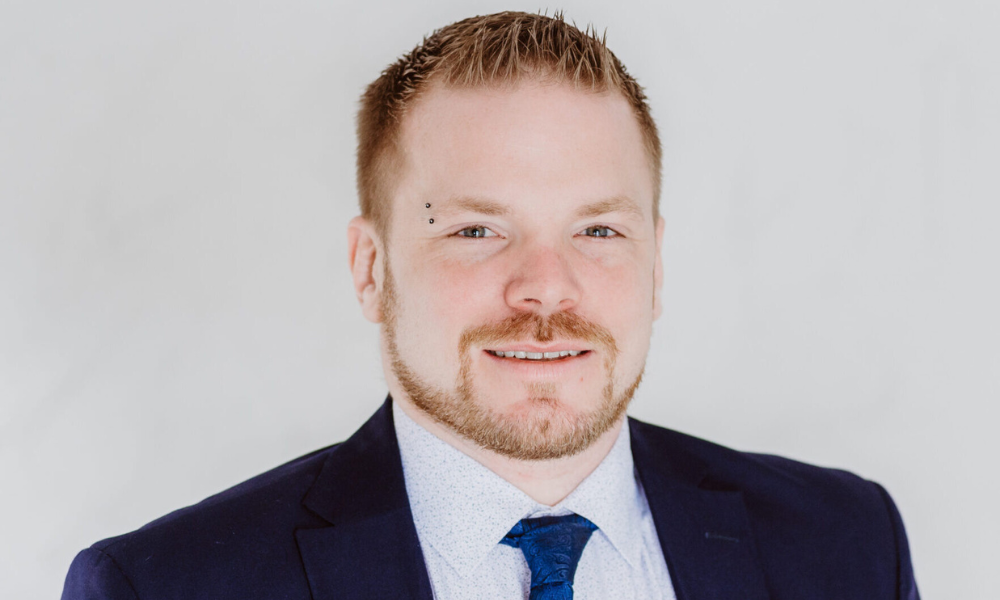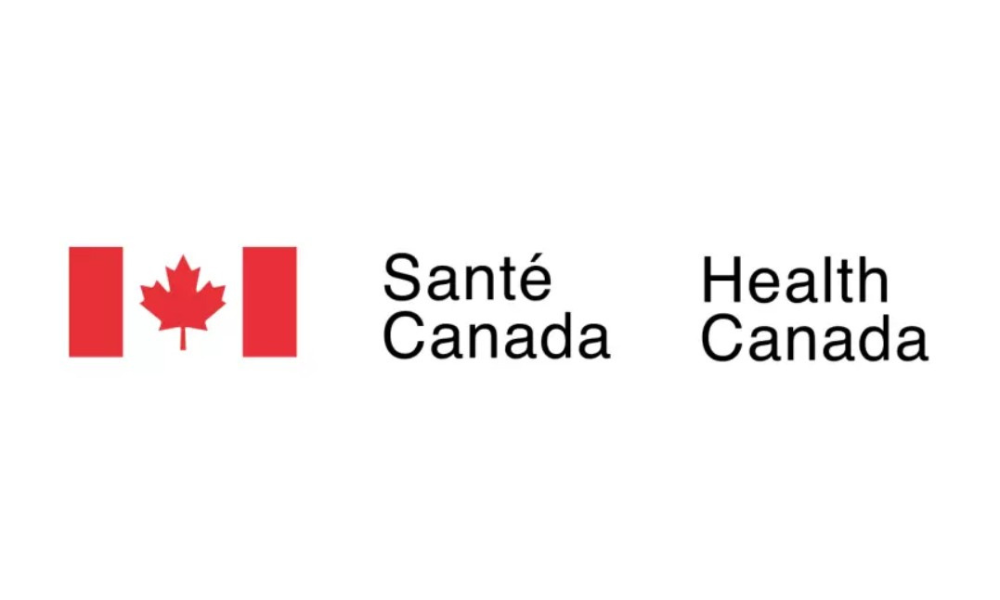Safety professional reflects on the fallout post-pandemic and how his company handles psychological injuries

The COVID pandemic acted as a catalyst for change in the health and safety sector, propelling OHS from box-ticking protocol into a strategic necessity.
Speaking to COS, Braeden Cockburn, manager of life safety and security at real estate giant Cadillac Fairview, says that the landscape changes for security professionals – impacting not only their day-to-day role but also their psychological wellbeing.
“[In the pandemic], you had organizations with nobody in the office - the only people in buildings or offices were security. They were the only ones to monitor the buildings from a security standpoint, but also from an occupational health and safety standpoint. We utilize a lot of training and tools to make sure that people understand that with security, it's also prevention and mitigation of issues. Also, one of the big things that we're looking at and making sure we're aware of is the mental health aspect of things.”
‘OHS issues aren't just physical, they're also mental’
Data from the University of Portsmouth in the UK found that 40% of security professionals have suffered with symptoms of PTSD – they also reported a shocking lack of resources or support from their employer. For Cockburn, this only solidifies his personal commitment to changing the narrative and giving their teams all the help they need – even before they ask for it.
“In the forefront on the COVID pandemic, we saw a lot more staff stress issues due to verbal assaults and constant aberration from protesters. This main thing is making sure that the mental health aspect of things is at the forefront of people's minds now - and that occupational issues aren't just physical, they're also mental. If you have mental health issues that’re becoming exacerbated from your workplace, then it's the same as the workplace injury. It's going to be something that can hinder your development as a professional in your field, [especially] if you don't feel safe going to work or don't feel like you are being protected in that aspect.”
OHS vs life security: How are the two roles linked?
And while Cockburn’s role is intrinsically linked to OHS, his real day-to-day job looks specifically at those issues – moving away from the “protection of goods” and more towards the safeguarding of people. Something he tells COS is becoming increasingly aligned in organizations in 2024.
“With security, the biggest thing it’s coming to now, especially within private property management, is the protection of assets and protection of people. Security has always been about protection of assets, with the protection of people being almost secondary to that. However, the majority of it now is becoming the same. If you're not making sure that everything's safe and people are able to be hurt, then there's liability there - both from a business standpoint and a safety aspect. It ties hand in hand.”
As Cockburn tells COS, companies look at injuries and loss time as a negative, mainly because it impacts the overall performance of the company. However, for security they look at it through a different lens – realizing that a lot of these issues can be prevented.
“[It’s about] getting our staff trained, helping them be versed and knowledgeable in safety trends and issues. That’s at the forefront of what we try to do - ensuring our staff are aware of what they can be doing to prevent [issues] from happening from an occupational health and safety viewpoint and from a life safety way.”
Handling security concerns in smaller organizations
And while safety and security should be top of mind for all companies and leadership teams, the harsh reality is that some organizations simply don’t have the budget. However, Cockburn believes that in OHS, where there’s a will there’s a way.
“There are some organizations that don't have the numbers needed for a dedicated person. Do I think that professionals are out there and able to fill those roles? Absolutely. However, a lot of [companies] who don't have their own in-house security programs are able to leverage connections they have with their contract vendors.
“There's a lot of vendors out there - all have professionals in their organizations that are aware of the connections and possibilities that security can do to help with the occupational health and safety aspects of the field. It's about asking the questions and making sure that you make those connections, as well as working with your vendor’s management team to get the answers when you need them.”





